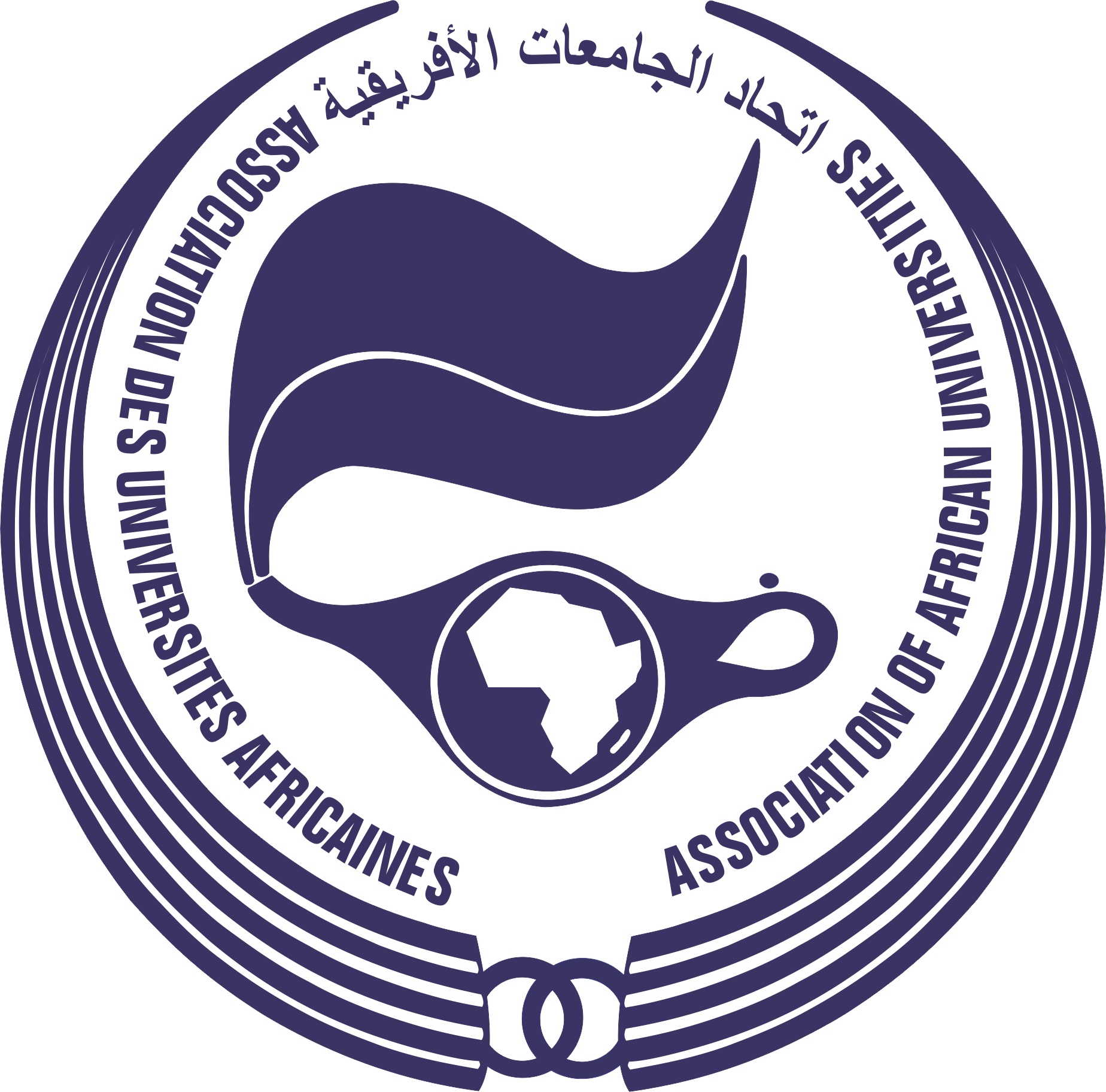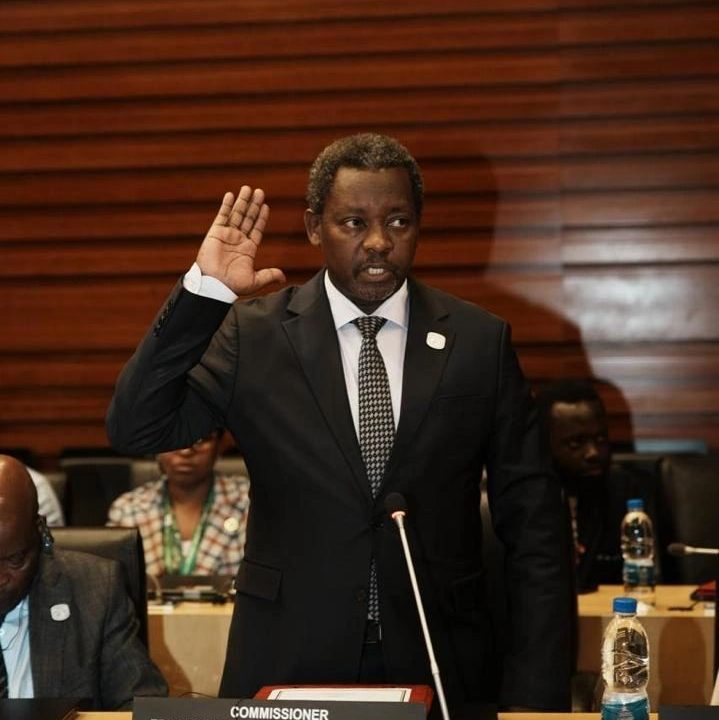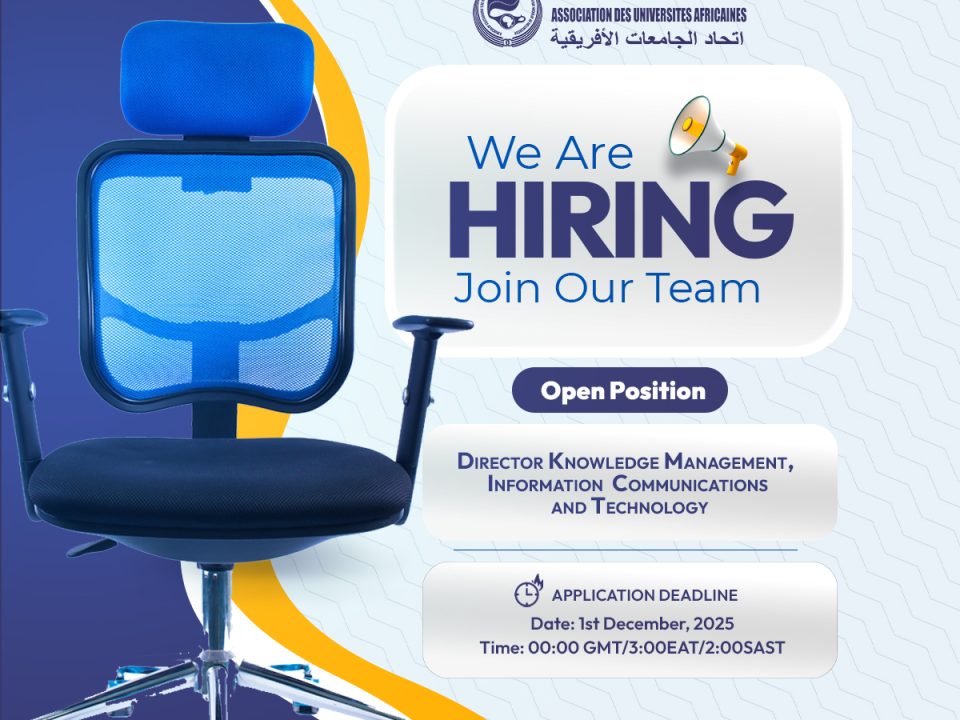
Forger des Liens : l’atelier Pré-Conférence Générale Souligne le Rôle de la communication et des partenariats dans les réformes politiques
July 20, 2025
AAU’s 16th General Conference Opens in Morocco, Charting Bold Vision for Africa Higher Education
July 21, 2025Strategic Leadership for African Higher Education Transformation
The Association of African Universities (AAU), in collaboration with UNESCO, launched its Executive Leadership Training Programme on Sunday, July 20, 2025, at the UNESCO Regional Office for the Maghreb in Rabat, Morocco. The venue symbolizes UNESCO’s commitment to regional collaboration and leadership development in African higher education.
This full-day session marked the beginning of a transformative initiative aimed at equipping senior leaders in African higher education institutions with the tools, knowledge, and networks necessary to lead digital transformation and institutional change.
The Executive Training held as one of the three preconference events to the 16th AAU General Conference, brought together Vice-Chancellors, Rectors, Deans, and senior policymakers from across the continent. The training which aimed to address leadership gaps, promote gender-inclusive governance, and prepare African HEIs for the challenges and opportunities of digital transformation went beyond traditional workshops by positioning digital transformation as a long-term, institution-wide journey to meet up growing demands for digital integration and evolving expectations of students and societies.
This initiative aligns with SDG 4 (Quality Education) and SDG 5 (Gender Equality) and contributes to UNESCO’s Campus Africa Flagship.
The training was facilitated by a distinguished team of experts, including Dr. Borhene Chakroun, Director of the Division for Policies and Lifelong Learning Systems at UNESCO, and Charaf Ahmimed, Programme Specialist at the UNESCO Rabat Office. Other notable contributors included Ilham Laaziz, Director of the GENIE Programme at Morocco’s Ministry of Education; Salma Karim, Head of Human Capital and Innovation at the Agence de développement du Digital (ADD); and Rajid Serraj, Director of the Africa Initiative & Strategy for Agriculture, Water and Climate at Mohammed VI Polytechnic University. International perspectives were shared by Monique Brodeur, President of the Higher Education Council of Quebec, and Sehl Mellouli, Deputy Vice-Rector at Université Laval in Canada. The AAU and UNESCO leadership teams, including Prof. Juliet Thondhlana, Carmela Salzano, and Hélène Guiol, also played key roles in guiding the discussions.
The training began with welcome and opening remarks by Dr. Borhene Chakroun, and Charaf Ahmimed all from UNESCO. Their remarks set the tone for a day of deep reflection, strategic dialogue, and collaborative learning.
The training featured series of panel discussions and workshops with the first panel focused on institutional adaptation to digital transformation and artificial intelligence, featuring African case studies. Speakers shared real-world examples of how higher education institutions on the continent are navigating the challenges and opportunities of digital transformation. They highlighted innovative strategies, leadership approaches, and lessons learned from their respective contexts.
The second panel explored the role of higher education councils in enabling and guiding digital transformation. Discussions emphasized the importance of regulatory and policy frameworks, collaboration among institutions, and the need for councils to support inclusive and quality-driven digital education.
Following the panels, participants engaged in two interactive workshops. The first workshop guided leaders through the process of mapping their institutions’ digital and data ecosystems. This hands-on session helped participants assess their digital maturity, identify gaps, and begin drafting roadmaps for transformation.
The second workshop introduced Kotter’s 8-Step Change Model as a practical framework for leading institutional change. Participants examined how to build urgency, form guiding coalitions, and sustain momentum for digital innovation within their institutions. The workshop encouraged leaders to think strategically about change management in the context of AI and digital integration.
Participants were introduced to UNESCO’s six key pillars of the Digital Transformation Collaborative. These pillars outline the essential components for effective and coordinated digital transformation in higher education. They include leadership and strategic coordination, robust connectivity and infrastructure, institutional capacities and culture that support technology adoption, and the use of data to inform decision-making. This framework provided a structured lens through which participants could assess their institutions’ readiness and plan for sustainable digital change.
The day concluded with a closing plenary session titled “From Reflection to Action – Your First Leadership Move.” This session encouraged participants to consolidate their learning and articulate concrete first step they would take to initiate or accelerate digital transformation at their institutions. Each leader left with a personalized action plan and a renewed sense of purpose.
This training session was not only a standalone event but also the first module in a broader leadership development pathway under UNESCO’s Campus Africa Flagship. The programme is designed to offer ongoing mentorship, coaching, and peer learning opportunities over the next 6 to 12 months. Participants will be supported in implementing their institutional roadmaps and will have access to a network of Digital Transformation Coaches and practical resources.
The Executive Leadership Training Programme is a timely and strategic response to the challenges facing African higher education. It aims to build a critical mass of digitally literate, gender-responsive, and future-ready leaders who can drive sustainable transformation across the continent. As the AAU General Conference continues, the momentum generated on Day One sets the stage for deeper engagement and long-term impact.
A second session of the Executive Leadership Programme took place on Wednesday, July 23, 2025, as a side event during the main conference. This follow-up session will further consolidate the lessons learned and provide additional tools for institutional change and innovation.








